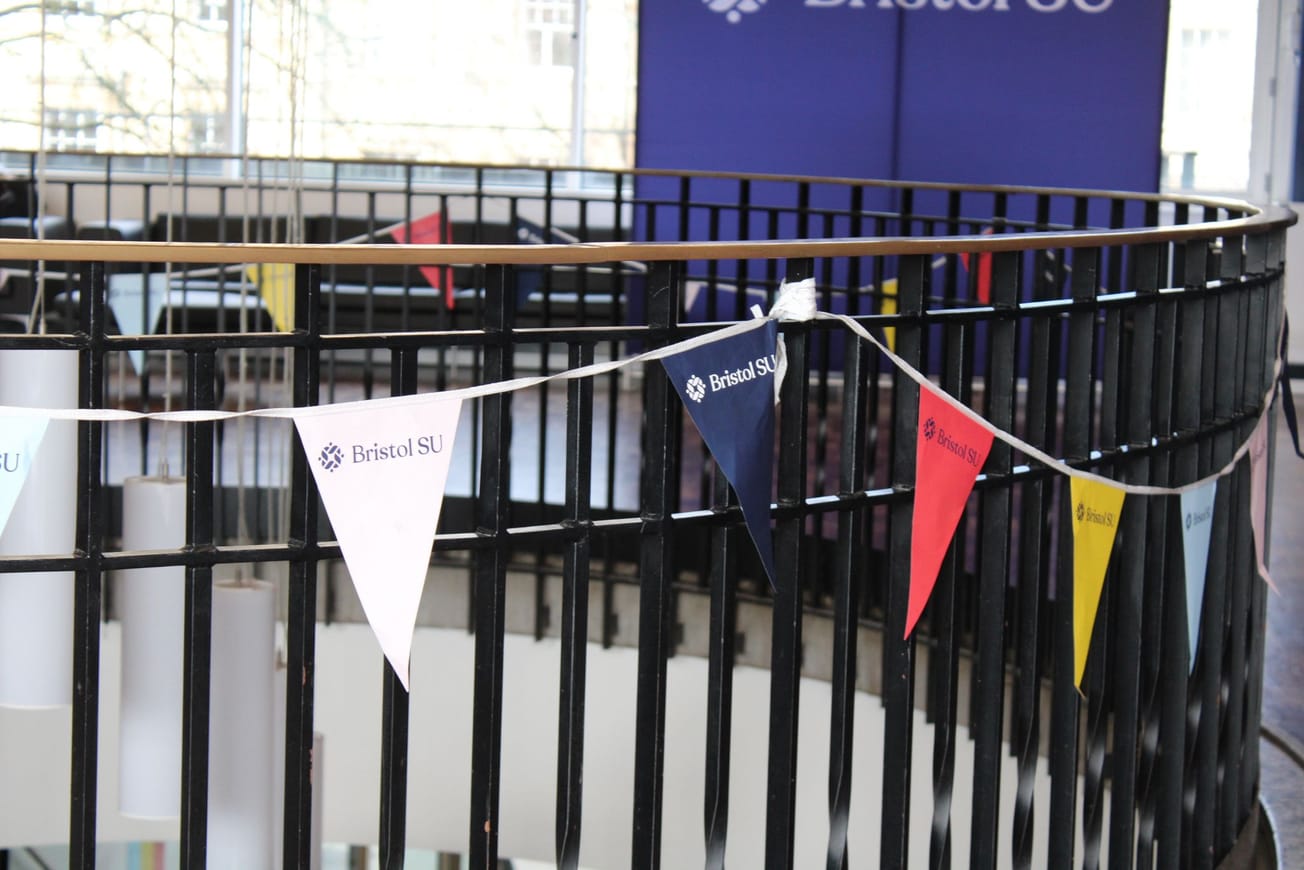By Marine Saint, First Year English and History
Period poverty has been defined as the inability to access sanitary products and having a poor knowledge of menstruation, often due to financial constraints. This is a global issue which impacts one in ten girls, but due to the media’s emphasis on the experience of young girls, other demographics who face this inequality to an even greater extent are often side-lined. Marine Saint explores how period poverty affects women in Bristol today, and how university students can step up to help.
Back in January 2019, Bristol-based charity Period Friendly Bristol held the UK’s first ever period poverty summit and 11 months later launched a new initiative to help tackle period poverty at a city-wide level. At the time, Bristol had the third highest rate of period poverty across Britain, and although the conversation and action around this issue has since taken off, there is still much we can do to help support and continue these efforts even at a university level.
As the founder of the charity Freedom4Girls Tina Leslie discussed in a recent interview with Epigram, whilst young girls benefit greatly from better menstrual health management education and the free provision of period products in schools there is a wider section of the population, those aged between 18-50 who menstruate, who are more affected by period poverty.
Supporting women in crisis. Period.
— periodpoverty.uk (@periodpov_uk) February 4, 2021
We believe all women should have access to sanitary protection during their period.
Our goal is to eliminate period poverty in Britain's most deprived communities by 2025.https://t.co/v1lJAlDPKg
♥️#PeriodPoverty #Charity #Fundraising pic.twitter.com/F7NVUs0w2w
The financial impact of COVID has exacerbated these problems with an increase in the number of the financially insecure people in the UK. With regards to students, the detrimental impact of losing student jobs and not being supplied with hygiene products whilst in isolation on campus has increased the number of women affected by period poverty.
A report in May by the environmental organisation EAUC (the alliance for sustainability leadership in education) found that university students are also affected by period poverty, which affects their attendance, personal health, and concentration in classes. Although free tampons and pads are available for schools and colleges in Britain, it is evident that this provision should be extended to university campuses.
Some universities across the UK have set up their own donation points and free product stations through their student unions, but there is also the need to encourage education about menstrual equity. Freedom4Girls, for example, runs education programmes in schools, online pad-making workshops, and is launching a new campaign, ‘Make the Switch’, which encourages the use of ethical period products.
Students Ella and Oliwia are changing lives. (thread)
— Bristol University 🎓 (@BristolUni) February 11, 2021
They have launched a global network of sewers ending #periodpoverty with reusable sanitary pads.
Hundreds of #women in refugee camps have already benefited from @ThePachaProject
And they are just getting started.
1/3 pic.twitter.com/IB4ig51xmg
Indeed, making and donating reusable period products has also been encouraged by University of Bristol students Ella Lambert and Oliwia Geisler who set up The Pachamama Project during lockdown in July. Making reusable period products and distributing them to refugees all over the world is a vital part of their project, but they also aim to encourage more university societies, clubs and colleges to help making Pacha pads for the vulnerable, whose number has undoubtedly risen due to the impact of COVID.
When discussing the role the University of Bristol can play in helping to alleviate period poverty, Lambert listed how university societies such as the netball society, Feminist Society, Bristol STAR, and Slav Soc have already taken part in Pacha pad-making workshops, and the period society will be running more post lockdown.
In addition to workshops, Lambert stressed the importance of spreading awareness about period poverty: ‘Due to the stigma, we don't actually really talk about periods at all, but of course anyone experiencing poverty, anyone whose family relies on the free school meals programme or receives universal credit, is likely struggling to get sanitary products regularly too. We could all do more to raise the profile of the issue, share social media posts, talk about periods more openly, and as societies refer our members to charities that supply sanitary products to those in need.’
#periodpoverty #frontline #communitesinneed #choice 🍞🍞 or 🩸🩸#periodproducts @tinytinatea @HomelessPeriodD @bloodygood__ @emmaglasbey @HamaraCentre @SlungLow @jrf_uk @WellspringsT https://t.co/LRqEXFlufU
— Freedom4Girls (@freedom_4_girls) December 5, 2020
Similar to the Pachamama volunteering projects, Freedom4Girls offers a campaign ambassador programme, the next of which is being organised as part of International Women’s Day on the 8th March. Last year, Freedom4Girls worked with Dazed magazine to produce the short film ‘Absent’ which deals with the stigma attached to period poverty and the reality of living with the lack of basic hygiene necessities.
‘Absent’ is a very poignant reminder of the difficulty and normality of period poverty, as well as the taboo around discussing it. Tina Leslie discussed with Epigram how the language we use to discuss periods perpetuates these taboos. Rather than using the somewhat distant, commercial term ‘sanitary products’, we should be talking about period products and the implications of not having access to them for free in educational settings and workplaces.
So, what can universities do to join this campaign and support students? Pachamama Project’s Lambert perfectly summarised the action we can take: ‘We could all do more to raise the profile of the issue, share social media posts, talk about periods more openly, and as societies refer our members to charities that supply products to those in need.’
Featured Image: Epigram / Marine Saint









